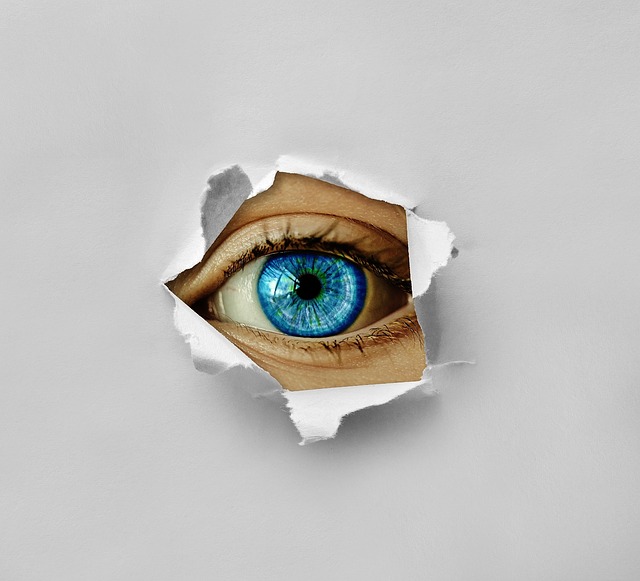 Submitted by Khu on
Submitted by Khu on

Image by Alexas_Fotos from http://Pixabay.com
There’s a huge experiential difference between seeing an emotion as it is and looking from an emotion, and between seeing a thought and looking from a thought.
It’s night and day.
When “me” and “my” and “I” get their claws in a thought or feeling, we end up looking from the thought or feeling. We take the thought or feeling as a reference point from which to interpret experience and look out at the world through the lens of the story we are telling about ourselves using that thought or feeling.
“My sadness” teaches me that “I’m a sad person;” “my anxiety” teaches me that “I’m an anxious person;” “my fear” teaches me that “I’m a fearful person.” Without “my,” there are just fleeting feelings, just sadness, just anxiety, just fear. And they flow right on through without becoming a problem. If they seem to be a problem, it’s because I think they’re “mine” and I’m the one who “has” them and needs to “get rid” of them.
The truth is much simpler: I never had them in the first place. They’re not “my” thoughts and feelings; they’re simply thoughts and feelings. They don’t belong to anyone; they are movements in the flow of life, that is all, innocent products of neurochemical and neuroelectric activity in the brain. This is the most fundamental thing to understand: the heaviness that “my” thoughts and feelings seem to have isn’t in the thoughts and feelings; it’s in the “my.”
The solution is not to get “better” thoughts or feelings; it’s to see that they’re not a problem because they’re not mine. There’s no need to escape from what I was never in, and yet so long as I think the thoughts and feelings are mine, I take myself to be in them and assume I need to get out. The simple truth is this: the only true ‘getting out’ is seeing I was never in in the first place. If thoughts and feelings aren’t claimed as mine, they simply flow through and leave no traces, like clouds through the sky or a polar bear shaking off trauma and moving on as if nothing ever happened.
The present moment wipes out all traces of the past emotions and experiences unless I see them as “mine” and use them to tell myself a story about “me;” otherwise, the past is in a constant state of surrender to the present. Only remembering “my story,” “my emotions,” and “my experiences” keep them alive in the present as if they were still happening now despite being over 20 years ago.
Without sticking “mine” onto them, they simply flow through like water in a stream; “mine” is the only dam that can block the river of mind. Without it, life takes care of everything naturally and without us having to do everything; the fleeting waves of emotion and cognition don’t ossify into a fossilized sense of self born out of the past. Life simply flows on.
What’s the other possibility that we see so often? When “my” grabs a thought and feeling, that otherwise passing phenomenon can stick in the body for hours, days, weeks, months, or years and generate tremendous unnecessary suffering in the process. When “my” doesn’t claim the emotion, it flows right through the body-mind and is gone as if it were never here at all. The passage of the clouds is unimpeded.
In truth, nothing seemingly impedes the passage of thoughts and feelings through the mind but words “me” and “my” and “mine” claiming them. There’s nothing else to block their way… and there really isn’t even that, but it seems to me as if there is when I’m looking from the thoughts and feelings rather than seeing them for what they are: fleeting arisings passing through.
In reality, the most terrifying and painful emotions in the world aren’t a threat to me unless I claim them as “mine” and make them into “my problem”; in fact, they’re quite harmless when seen as they are. Without the claiming, they may storm through the body like a rainstorm in the forest for a while, but then the clouds clear and the clarity of the sky of consciousness reveals itself as fresh and evergreen as it always was, is, and ever shall be.
Adam J. Pearson
- 493 reads